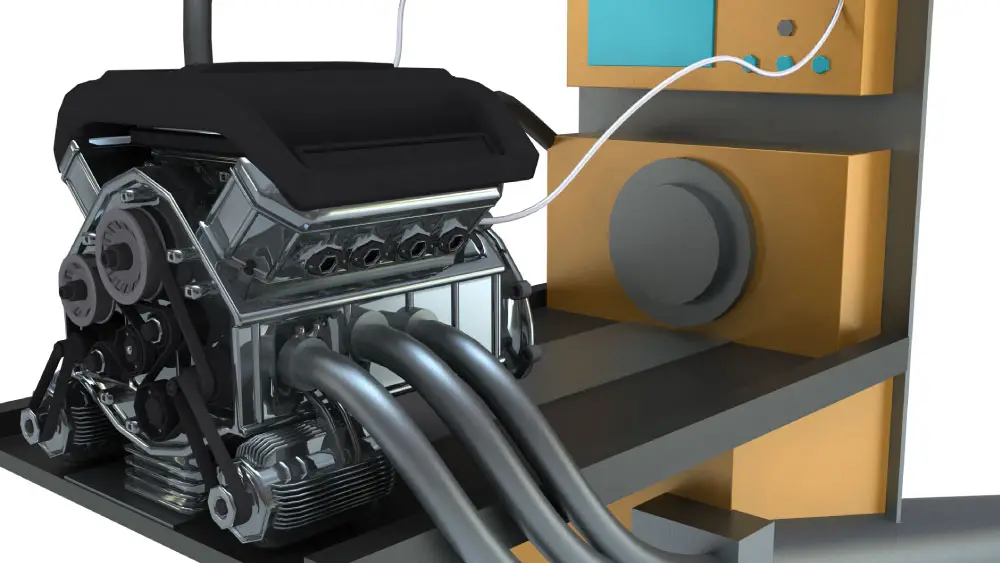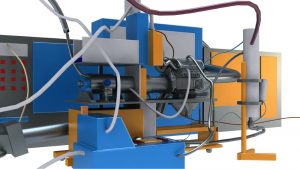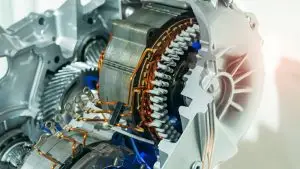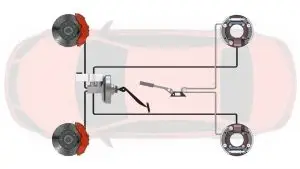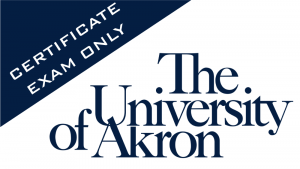Course Description
Engine Testing Methods and Systems: Internal Combustion introduces learners the fundamental concepts, terminology, and mechanical devices used when performing an engine test, with a focus on what types of sensors and dynamometers should be applied for different scenarios. The learning in this course is delivered in a structured and measurable way, complete with 3D animations, colorful illustrations, and interactive quizzing. The information contained in this course is relevant to anyone involved in engine testing, regardless if the user is a seasoned veteran or new to engine testing overall.

Who will benefit from this Internal Combustion Engine Testing course?
Quality, manufacturing, engineering, designing, purchasing, and sales functions at organizations that require an understanding of engine testing methods and systems.
Course Classification
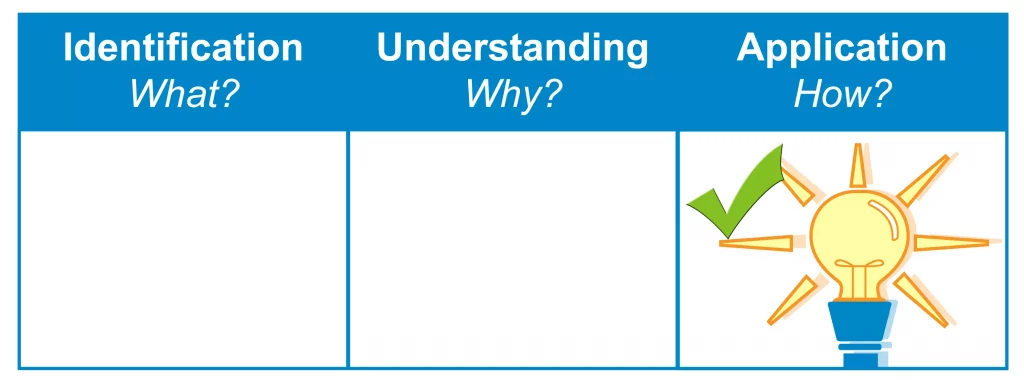
*THORS uses the Bloom’s Taxonomy Methodology for our course development.
Certificate Awarded for Engine Testing Methods and Systems: Internal Combustion
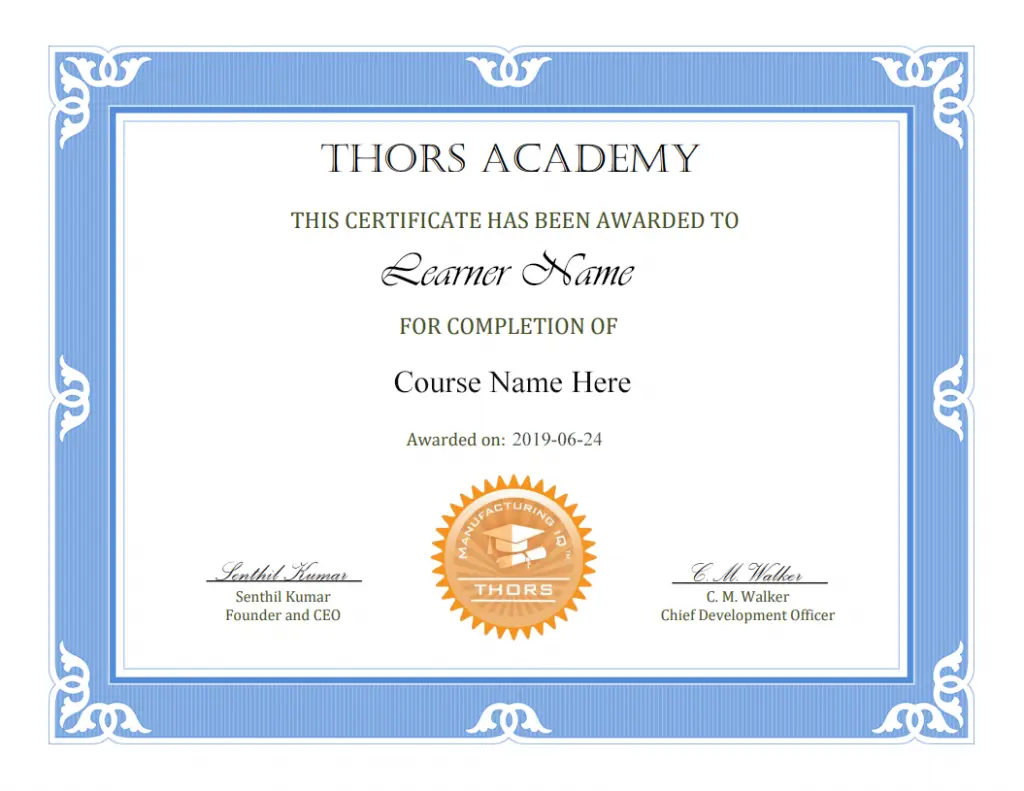
*upon successful completion
Related Posts
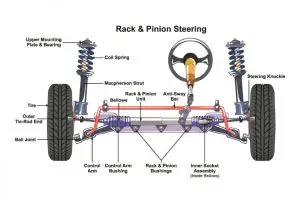
Components of the Steering System
Have you ever driven a vehicle down the road and thought, how does this steering system work? Nowadays, we drive the most sophisticated, nearly flawless
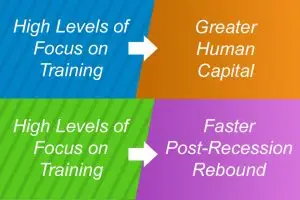
Training Perspective: Looking Back to Look Ahead
Companies are constantly reviewing ways to reduce costs and keep positive margins. During times of economic recession, external pressures from competitors as well as internal pressures

5 signs you should invest in effective workforce training
In today’s constantly changing marketplace, the importance of workforce training has never been greater. Workforce training has the ability to not only increase workforce efficiency

